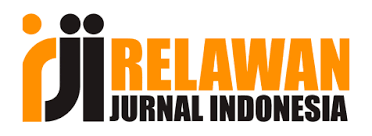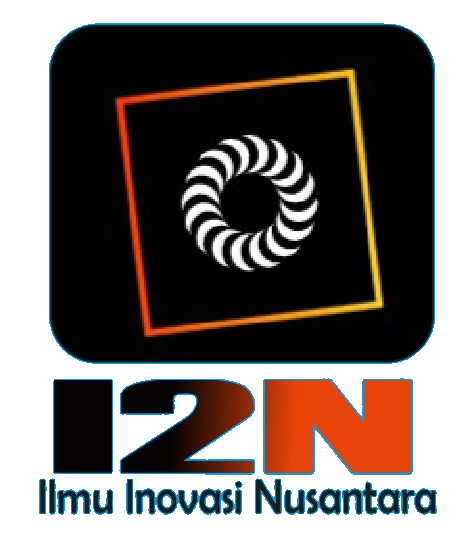Discourse framework and reshaping path of British media report on Chinese Confucius Institutes
DOI:
https://doi.org/10.58557/(ijeh).v5i2.318Keywords:
Confucius Institute, Framework analysis, International discourse, Interpretive packageAbstract
The historical differences between China and Western countries and the dominant discourse of Western media have led to doubts and biases in international public opinion regarding the reporting of Confucius Institutes. The British media serves as a typical example of shaping this negative perception. This study aims to analyze how major British media outlets frame reports on Confucius Institutes using the theory of framing analysis. Through an examination of seven major news media in the United Kingdom, the study finds that reporting on Confucius Institutes is primarily framed within three core themes: the "China threat theory," "Chinese government autocracy," and "controversy surrounding Confucius Institutes." Overall, the media narratives tend to be negative. By applying the concept of "frame device" within Gamson's "interpretive package" theory, the study reveals that behind the negative public opinion of Confucius Institutes in the UK, there are underlying factors such as the dominance of Western media discourse, Western concerns over Chinese cultural influence, and operational challenges faced by Confucius Institutes on a global scale. Based on these findings, the study recommends strategies for optimizing and reshaping the international public image of Confucius Institutes. These strategies include fostering pluralistic dialogue between China and Western countries, implementing more localized management of Confucius Institutes, and promoting a positive international communication agenda for Confucius Institutes. By enhancing the effectiveness of China’s global communication efforts, Confucius Institutes can mitigate misunderstandings and establish a more objective and balanced image on the international stage
References
Chen, X. (2023). Telling Chinese stories well: A study on the practice and effect of Confucius Institutes in the UK from the perspective of strategic narrative (2005-2022) [Doctoral dissertation, China Foreign Affairs University]. https://doi.org/10.27373/d.cnki.gwjxc.2023.000290
China International Chinese Language Education Foundation. (2024). Official website. Retrieved from https://ci.cn/qqwl
Foucault, M. (1982). The subject and power. In H. L. Dreyfus & P. Rabinow (Eds.), Beyond structuralism and hermeneutics (pp. 208-226). Harvester Wheatsheaf.
Gamson, W. A., & Modigliani, A. (1989). Media discourse and public opinion on nuclear power: A constructionist approach. American Journal of Sociology, 95(1), 1–37. http://www.jstor.org/stable/2780405
Hall, S., Lumley, R., & McLennan, G. (2013). Politics and ideology: Gramsci. In On ideology (pp. 45-76). Routledge.
Hu, C. (2024). Modeling the audience’s perception of security in media discourse. Humanities and Social Sciences Communications, 11, 663. https://doi.org/10.1057/s41599-024-03079-1
Huang, M. (2023). Otherness and suspiciousness: A comparative study of public opinions between the Confucius Institute and Goethe-Institut in developing countries. Humanities and Social Sciences Communications, 10, 428. https://doi.org/10.1057/s41599-023-01920-7
Jiang, F., & Yang, J. (2023). A critical discourse analysis of Confucius Institute reports in the mainstream media in the UK. Journal of Liaoning Normal University (Social Sciences), 46(6), 1-8. https://doi.org/10.16216/j.cnki.lsxbwk.202306001
LexisNexis. (2024). Global news and information database. Retrieved from https://www.lexisnexis.com/en-us/gateway.page
Liu, Z. (2022). Selective misreading of the triple dilemma of cross-cultural communication of Confucius Institutes. Media Watch, 2022(6), 36-43. https://doi.org/10.19480/j.cnki.cmgc.2022.06.007
Official website of the Chinese Embassy in the UK. (2024). Retrieved from https://england.lxgz.org.cn/england/hytg/kzxy/index.html
People’s Daily Online. (2024). Retrieved from http://edu.people.com.cn/n1/2024/0920/c1006-40324057.html
Qiao, C. (2021). Research on the construction of China's international discourse power from the perspective of soft power [Doctoral dissertation, Liaoning University]. https://doi.org/10.27209/d.cnki.glniu.2021.000546
Tang, L. (2022). Transitive representations of China’s image in the US mainstream newspapers: A corpus-based critical discourse analysis. Journalism, 22(3), 804-820. https://doi.org/10.1177/1464884918801116
Wang, X., & Zong, S. (2024). Characterization motivation and China's response to the new round of "China threat theory." Teaching and Research, 2024(4), 91-100.
Xiang, Z., & Xiang, Z. (2022). Linguistic distance examination and stratification strategy of China's external communication practice: A case study of Confucius Institutes. Modern Communication (Journal of Communication University of China), 44(4), 65-71. https://doi.org/10.19997/j.cnki.xdcb.2022.04.008
Yang, X., & Gao, M. (2023). Media image analysis of Confucius Institutes from the perspective of others: A case study of EBSCO academic database in the United States. Journal of Yunnan Normal University (Teaching and Research of Chinese as a Foreign Language), 21(5), 65-77. https://doi.org/10.16802/j.cnki.ynsddw.2023.05.009
Yu, L. (2024). Bridging the problem gap in comparative education research in the era of globalization: Re-examining the relationship between local consciousness and international perspective. Comparative Education Research, 46(5), 55-63, 94. https://doi.org/10.20013/j.cnki.ICE.2024.05.06
Zhang, W. (2022). The dilemma of public opinion of Confucius Institutes in the new situation: Characteristics, causes, and countermeasures. Modern Communication (Journal of Communication University of China), 43(3), 20-26.
Downloads
Published
How to Cite
Issue
Section
License
Copyright (c) 2025 Leiya Tian

This work is licensed under a Creative Commons Attribution-ShareAlike 4.0 International License.














